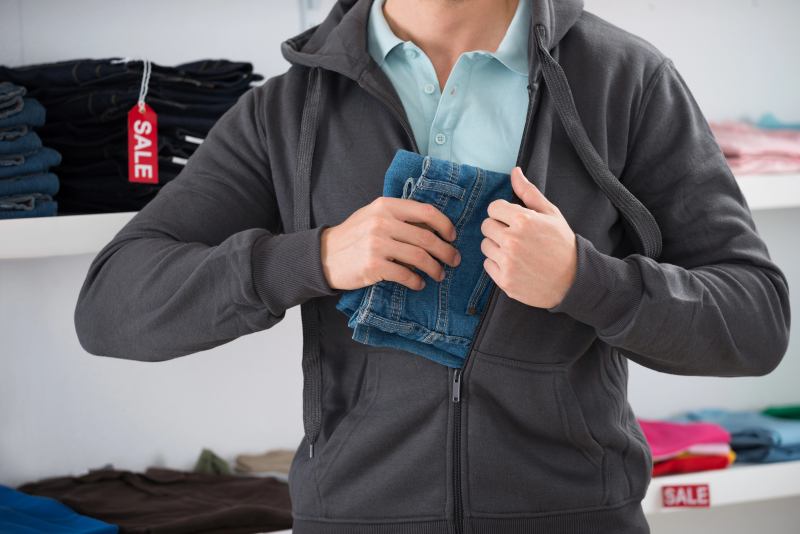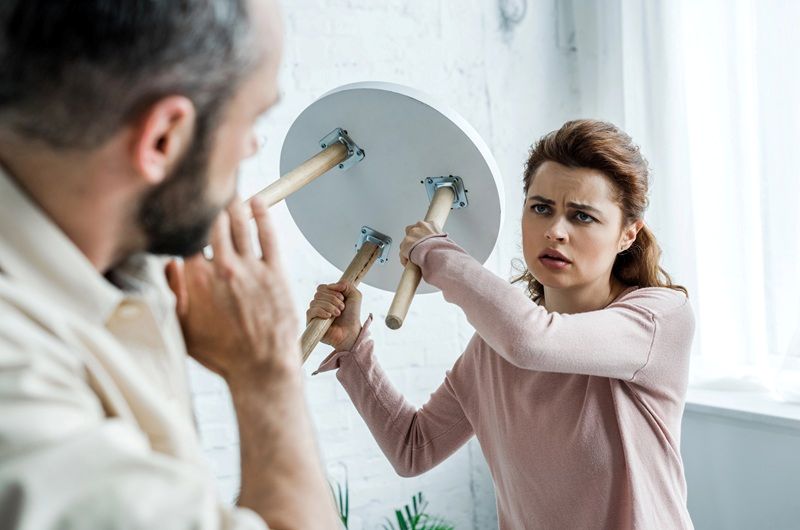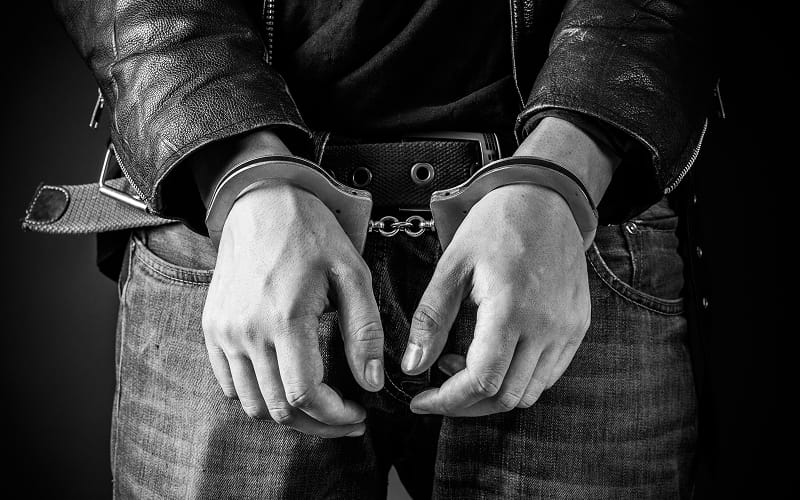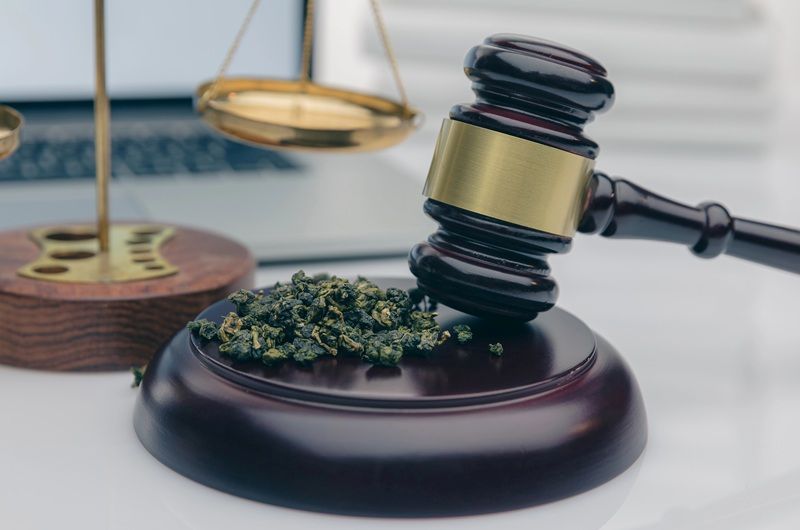Shoplifting is one of the most common offenses in Virginia, but many people don’t realize how serious the consequences can be. A simple mistake or misunderstanding can lead to criminal charges, hefty fines, and even jail time. Understanding how Fairfax County handles these cases helps protect your rights and future.
Retail theft cases can have lasting effects beyond legal penalties, affecting job prospects and personal reputation. In this article, learn about Virginia’s shoplifting laws, potential punishments, and possible defense strategies. See how proper legal representation can make a difference if facing accusations.
What Actions Count As Shoplifting In Virginia?
In Virginia, shoplifting is a form of larceny. The offense includes willfully concealing or taking possession of goods from a store without intending to pay. It also covers altering price tags or assisting someone else in these acts. The state classifies these actions as fraudulent and prosecutes them under larceny statutes.
The charge you face depends on the value of the stolen items. Virginia law separates minor theft from more serious offenses based on this amount. The classification of shoplifting offenses hinges on the value of the stolen merchandise. There are two main categories:
- Petit Larceny: If the stolen goods’ value is less than $1,000, the offense is petit larceny, a Class 1 misdemeanor.
- Grand Larceny: When the value exceeds $1,000, the offense escalates to grand larceny, a felony.
Understanding how Virginia classifies shoplifting is vital if you’re facing charges. Even a low-dollar theft can result in a criminal record, while higher amounts bring even more serious consequences. The next step is understanding the punishments that come with these charges.
What Penalties Could You Face For Retail Theft?
Getting caught stealing from a store can lead to more than embarrassment it can result in criminal charges. Virginia law imposes strict penalties for shoplifting, ranging from fines to possible jail time. The punishment depends on whether the offense is petit or grand larceny.
Legal Consequences
A conviction for petit larceny brings serious consequences, even though it is a misdemeanor. A judge can sentence you to up to 12 months in jail, which means even a lower-value theft can lead to time behind bars. Additionally, fines reach up to $2,500, creating a significant financial burden.
Grand larceny is a felony offense that carries even harsher punishments. Depending on the circumstances and prior criminal history, those convicted face anywhere from one to 20 years in prison. While some judges grant more lenient sentences, a long-term prison sentence remains a concern. Like the lesser charge, it also comes with fines of up to $2,500.
A shoplifting conviction follows you long after serving a sentence. Employers, landlords, and financial institutions often consider a theft-related conviction a red flag. Some people also face civil penalties, with retailers suing for damages or additional fines. The consequences extend far beyond the courtroom, affecting many aspects of daily life.
Anyone facing shoplifting charges must take the situation seriously. Whether the crime is a misdemeanor or felony, a conviction can result in jail time, financial hardship, and long-term damage to one’s reputation. Understanding the penalties helps in preparing a strong legal defense. The next step is exploring possible ways to fight the charges.
Additional Consequences
Shoplifting charges can affect multiple areas of life long after the case ends. A conviction creates financial, professional, and personal challenges that can be difficult to overcome. Beyond the immediate penalties, these long-term effects can follow you for years.
Civil Liabilities
Retailers can sue individuals accused of shoplifting to seek financial compensation for their losses. Virginia law allows businesses to sue for damages, including the value of stolen goods and additional penalties.
These lawsuits add another financial burden on top of any court-ordered fines.
Employment Impact
A criminal record for theft makes finding a job much harder. Many employers hesitate to hire someone with a history of dishonesty, especially for positions involving cash handling or customer service. Background checks reveal past convictions, making it difficult to secure interviews.
Housing Concerns
Landlords often run background checks on potential tenants, and a theft-related conviction raises concerns about reliability. Many property owners see a criminal record as a risk and deny applications. Securing stable housing becomes much more difficult, especially in competitive rental markets.
Effect On Personal Reputation
Beyond legal and financial struggles, a shoplifting conviction damages personal relationships and social standing. Friends, family, and colleagues react differently after learning about the charges. Rebuilding trust takes time, and the stigma of a theft conviction does not fade quickly. The long-term effects on reputation feel just as heavy as the legal penalties.
The impact of a shoplifting conviction does not end with fines or jail time. It creates financial strain, limits job opportunities, reduces housing options, and damages personal relationships. Fighting the charges with a strong legal strategy gives you a chance to protect your future.
What Are The Strategies Against A Shoplifting Charge?
Being accused of shoplifting is stressful, but a charge does not automatically lead to a conviction. Prosecutors must prove guilt beyond a reasonable doubt, and your attorney crafts defenses to challenge their evidence. Using the right strategy can change the outcome.
Lack Of Intent
Prosecutors must show that the accused intentionally took or concealed an item to steal it. Sometimes, people accidentally leave a store without realizing they failed to pay. Distractions, misplacing an item in a cart, or simply forgetting often lead to misunderstandings. Without intent to steal, the charge does not hold up in court.
Mistaken Identity
Busy stores, crowded aisles, and unclear security footage often result in wrongful accusations. Employees or security personnel sometimes misidentify someone as a shoplifter. If another shopper looks similar or security footage lacks clarity, mistaken identity becomes a strong defense.
Rights Violations
Retail stores and law enforcement must follow legal procedures when detaining and searching suspects. Security personnel who use excessive force, conduct an unlawful search, or detain someone without reason violate their legal rights.
Courts often throw out evidence obtained illegally. A strong defense challenges improper procedures that violate due process.
Faulty Evidence
Not all shoplifting cases include clear or reliable evidence. Surveillance footage may be blurry, miss key moments, or fail to show the alleged theft. Witnesses often give conflicting statements or base their claims on assumptions rather than facts. Proving guilt becomes much more challenging when prosecutors rely on weak or unreliable evidence.
A shoplifting accusation can disrupt your life, but the proper defense can challenge the charges. Using the correct legal strategy protects your rights and improves your chances in court. If you have questions about your case or the legal process, getting clear answers can help you make informed decisions.
What Are The Most Common Questions About This Charge?
Many people facing shoplifting charges question how the law works and what steps to take next. Misconceptions about retail theft create unnecessary panic and lead to mistakes when handling the situation. Below are answers to some of Virginia’s most common concerns about shoplifting charges.
Do I Need To Leave The Store To Be Charged With Shoplifting?
Virginia law does not require someone to exit the store to face shoplifting charges. Concealing an item with the intent to steal gives store security or law enforcement a reason to intervene. They can detain and charge someone even if the person remains inside.
Can Altering A Price Tag Lead To A Shoplifting Charge?
Yes, changing or switching price tags to pay less violates Virginia’s shoplifting laws. Fraudulently adjusting a price falls under theft and carries legal consequences. Even if the item stays in the store, altering prices is illegal.
What Should I Do If Someone Accuses Me Of Shoplifting?
Stay calm and avoid arguing with store employees or security. Do not admit to anything or make statements without speaking to a lawyer. Taking immediate steps protects your legal rights and defense options.
Understanding shoplifting laws can help you make wise decisions after an accusation. A single charge has serious consequences, so legal action is critical. Speaking with a defense attorney can help protect your rights and fight the charges.
How Fairfax County Criminal Attorneys Fight Theft Charges?
Shoplifting charges can create stress, uncertainty, and fear about the future. A conviction can affect your job, reputation, and personal life, but you don’t have to face this alone. Fairfax County Criminal Attorneys works hard to protect your rights, carefully examining every detail of your case.
Our team considers every legal option, from negotiating reduced penalties to fighting for a dismissal. If law enforcement or store security violated your rights, we will disclose those issues. We know how much is at stake and take a thoughtful, strategic approach to defending you.
Shoplifting charges can result in fines, jail time, and a permanent criminal record. Understanding Virginia’s laws and available defenses helps build a strong case. Even minor offenses can affect jobs, housing, and personal reputations. Taking early legal action can protect future opportunities.
A solid defense challenges weak evidence, mistaken identity, and procedural errors. Legal strategies may include reducing penalties or seeking case dismissal. Every case requires a careful approach to achieve a favorable outcome. Fairfax County Criminal Attorneys provides skilled representation for those facing shoplifting charges in Fairfax County.






